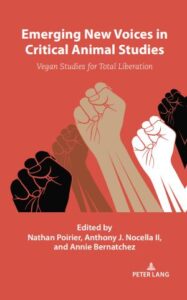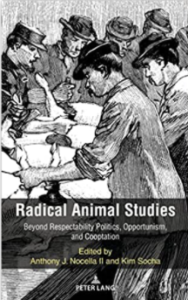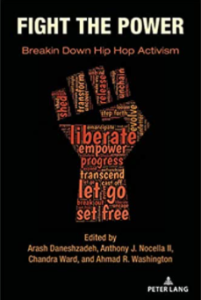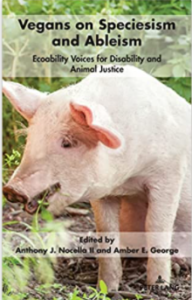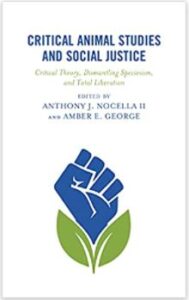Andrea Padilla Villarraga
Animal Protection in Courts: An Innovative Case of Judicial Activism in Colombia
By, Andrea Padilla Villarraga, Doctoral Student in Law at Universidad de los Andes, Bogotá, Colombia
Abstract
Between 2010 and 2014 the Constitutional Court and the State Council of Colombia issued several sentences regarding the use of animals in bullfights, pharmaceutical experimentation and circuses. In the first case, the Court ordered the modification of the bullfighting practice to “eliminate or diminish the suffering of animals”. This was done through a novel way of analysis that establishes a connection between human dignity and the protection of animals—which are considered, for the first time, as “sentient beings”.
In the second one, the State Council chose to annul the administrative act that allowed the Colombian scientist Manuel Elkin Patarroyo to experiment with primates for the development of a vaccine against malaria. Unlike the first, in this sentence the Supreme Court protected the autonomous right of primates.
In the third case, the Constitutional Court ratified the law of 2013, which prohibits the use of wild animals in circuses, by confirming the duty of Congress to “prohibit certain cultural events that involve animal abuse”.
In all three cases, the courts discussed the possibility that animals could be “subject to certain rights” above traditions, cultural practices or economic interests. They also questioned the practical perspective of the Civil Code under which animals are mere objects of private property, valued only as resources, and stressed the need to overcome the anthropocentric vision—that has taken precedence in the law—to include animals in the framework of constitutional protection.
Although these judicial resolutions are not yet considered a new legal status of animals, I consider that they present a new scenario for academic research and for judicial activism in various ways:
(1) Firstly, in laying the basis of what could be considered “(…) a new frontier of constitutional rights” drawn by the protection and advocacy of non-human animals.
(2) Secondly, in including the defense of animals in the “[…] international trend towards the role of constitutional judges in the execution of rights” which has been called “progressive neo-constitutionalism,” especially in Latin America.
(3) Thirdly, in the quality and positioning of public debate regarding the place of animals in society and their legal status.
(4) Fourthly, in deepening democracy by allowing social claimants to use the Constitution to advance the claims for animal rights, as well as the inclusion of the topic in the government’s and legislative’s agenda.
(5) Fifthly, in the substantive reform or prohibition of activities based on animal exploitation, that sets a constitutional precedent.
This new “legal right” has been built, largely thanks to the penetration of social demand and citizen mobilization in defense of animals. But, in turn, judicial activism has influenced social transformation and institutional release regarding animal protection.
The paper develops these topics, with an emphasis on the possibilities that this new constitutionalism offers for academic research and judicial activism, in favor of a new legal status of animals in Colombia.
Bio
With a degree in Psychology from Universidad Javeriana de Bogotá (Colombia), M.Sc. in Criminology at the Université Catholique de Louvain (Belgium), M.Sc. in Thinking and Governing Complex Societies of Universidad Autónoma de Barcelona (Spain), PhD student in Law from Universidad de los Andes of Bogotá (Colombia). Spokeswoman in Colombia for Animanaturalis Internacional.

